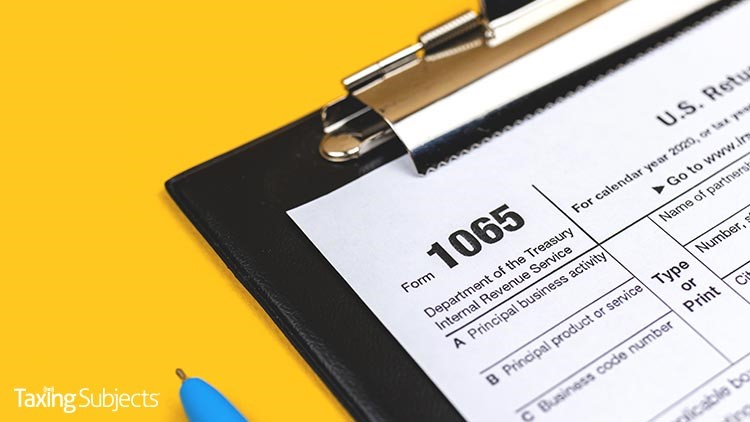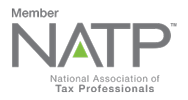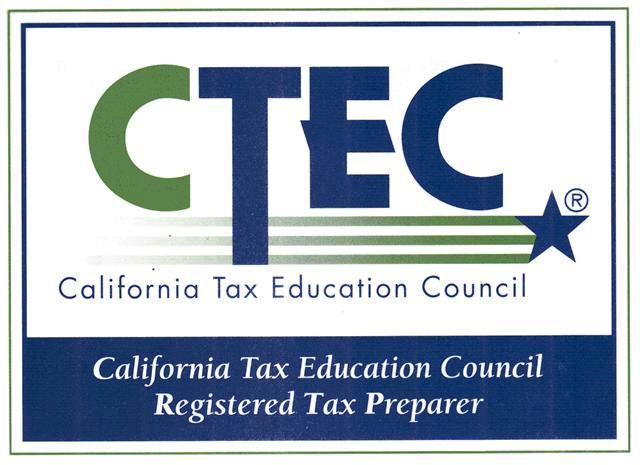
New Draft Schedules K-2 and K-3 Announced by IRS

Partnerships and S corporations that will have to report “international tax matters” in 2022 can now review the new draft releases for Schedules K-2 and K-3. The IRS today announced the early release drafts, noting that instructions would follow sometime in the summer.
“The redesigned forms and instructions will also give useful guidance to partnerships, S corporations, and U.S persons who are required to file Form 8865 with respect to controlled foreign partnerships on how to provide international tax information,” the IRS wrote about the new schedules. “The updated forms will apply to any persons required to file Form 1065, 1120-S, or 8865, but only if the entity for which the form is being filed has items of international tax relevance (generally foreign activities or foreign partners).”
It’s worth noting that the changes specifically target “items of international tax relevance.” The rest of the K-2 and K-3 will be the same for passthroughs that do not have those interests.
Where can I find the early draft releases of the new Schedule K-2 and Schedule K-3?
The new schedules K-2 and K-3 can be found on the IRS’s “Draft Tax Forms” webpage. After navigating to the page, you’ll find the K-2 and K-3 sorted by the associated form:
Once available in the summer, the instructions will also be posted to the draft forms page. (If you’ve navigated away from this blog and have a hard time finding the IRS page, search for “IRS draft tax forms” on Google.)
What happens to affected passthrough entities that do not use the new Schedules K-2 and K-3 in 2022?
Invariably, some passthrough businesses will fail to use the new Schedules K-2 and K-3. And, as you might have guessed, the IRS wants to limit that number: “To promote compliance with adoption of Schedules K-2 and K-3 by affected pass-through entities and their partners and shareholders, the Treasury Department and the IRS intend to provide certain penalty relief for the 2021 tax year in future guidance.”
Source: IR-2021-98




